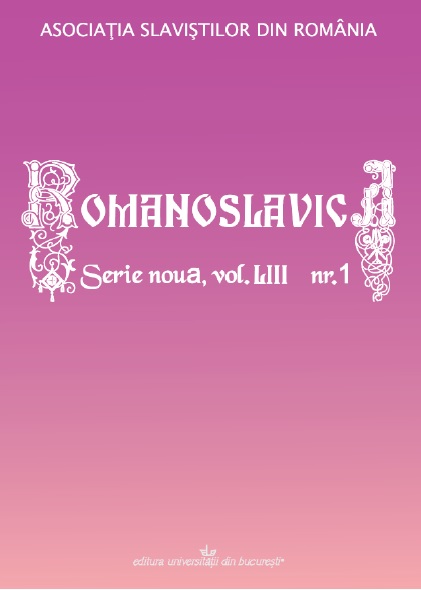Základné aspekty a črty jazykovej zdvorilosti ako súčasti interakčného rituálu
Basics Aspects and Features of Linguistic Politeness as a Part of Interactional Ritual
Author(s): Lucia Anna TrubačováSubject(s): Language and Literature Studies
Published by: Editura Universităţii din Bucureşti
Keywords: Politeness; Linguistic Politeness; Consideration of others; Contextual dependence; Cultural relativity; Historical relativity; Evaluation; Normativity
Summary/Abstract: The main purpose of the paper is to point out the main aspects of linguistic politeness. We assume that the key aspect is consideration of others, which constitutes the core of the most definitions of linguistic politeness. At the same time it is important to consider the manifestations of this aspect in each culture. In Slovak cultural area it is constituted by mutual respect, tactfulness, willingness to help others and we may take into account also kindness, sympathy, amiability and attention towards another person. In this context we can see the politeness as a means of harmonization of relationships and it helps us to create certain kind of social equilibrium. Another crucial aspect of linguistic politeness is its contextual dependence and in this case manifestations of politeness are interconnected with certain situation or broader context. Hence while we want to interpret this situation from the linguistic politeness point of view, we should also take characteristics of the certain context into consideration. Other aspects which are closely intertwined with this assumption are evaluative and normative perspective of linguistic politeness. In the paper we also focused on the cultural and historical relativity of the phenomenon. The linguistic politeness is perceived as an integral component of the culture and its use is automatic, normal and natural for any member of the culture. This points out that politeness is learnt within our internalization process. Conventional use of various linguistic politeness manifestations can lead to some problems especially within the intercultural communication, because some culturally based expectations about the polite behavior may not always be met. We believe that the understanding of the main aspects of linguistic politeness as an integral part of human interactional ritual can provide useful tools for better understanding and explanation of the whole phenomenon.
Journal: Romanoslavica
- Issue Year: LIII/2017
- Issue No: 1
- Page Range: 125-139
- Page Count: 15
- Language: Slovak

